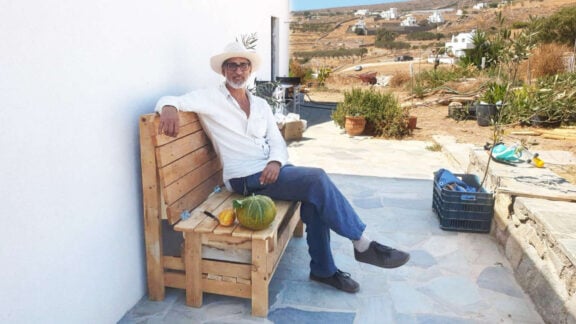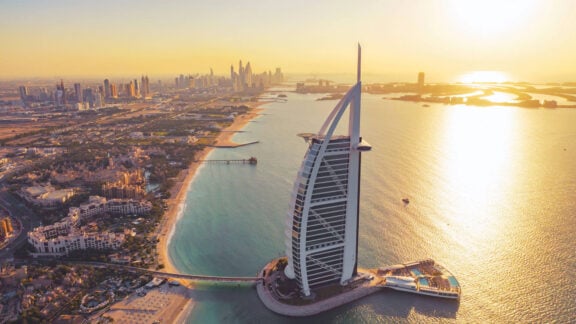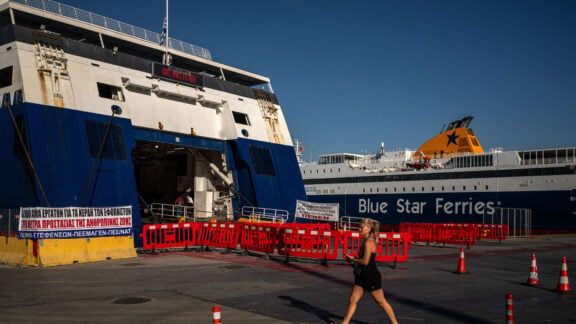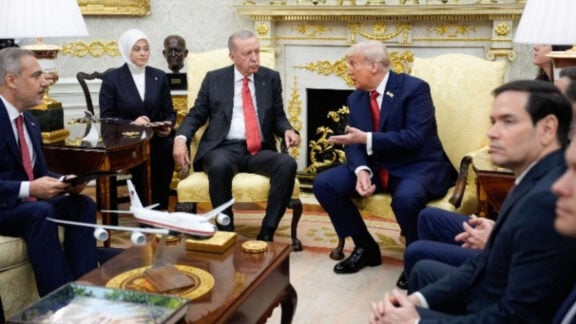Archaeologists in southern Italy announced last week that they unearthed two helmets, fragments of weapons and armour, pieces of pottery and the remains of what may be a temple to Athena at an archaeological excavation of the ancient Greek city of Velia in Italy, reported for the Associated Press (AP).
Nora McGreevy, from the Smithsonian Magazine, writes that the archeologists who have been on the site since last July believe the artifacts are from a significant maritime battle “that changed the balance of power in the Mediterranean nearly 2,500 years ago.”
According to the archeologists the Ancient Greeks seem to have abandoned these items after the Battle of Alalia.
Between 541 and 535 BCE, a fleet of Phocaean ships—from the Greek settlement of Alalia, on the island of Corsica—set sail on the Tyrrhenian Sea to repel attacks from nearby Etruscan and Carthaginian forces.
The Greeks emerged victorious, but the cost of the sea battle was so high that the Phocaeans had to leave Alalia and settle in Greek colonies on the southern coast of Italy. They sailed to the mainland and bought some land that eventually became Velia, as reported by the Smithsonian Magazine.
Archaeologists speculate that one of the helmets is in the Greek Chalcidian style. At the same time, the other resembles the Negua headpieces worn by Etruscan warriors. They suggest that Greek soldiers may have taken the helmets from conquered Etruscan troops during the Battle of Alalia.
Researchers also uncovered ancient brick walls at Velia, dating back to the city’s founding in 540 BC. These walls may have been part of a temple dedicated to Athena, the Greek goddess of war and wisdom.
According to Massimo Osanna, the director of the archaeological park and head of Italian state museums, the walls, measuring approximately 18.3 meters in length and seven meters in width, were constructed after the Battle of Alalia. Osanna suggests that the Phocaeans may have offered their enemies’ armour as a tribute to the goddess.
Osanna stated that it is possible that the Phocaeans, who fled from Alalia, built the temple upon their arrival, as it was customary for them to do so and soon on the land they purchased built their city and restarted a flourishing trade with the locals.
“The relics were offered to their goddess to propitiate her benevolence; they added the weapons snatched from the enemies in that epic battle at sea,” Osanna said in the statement.
The team discovered pottery fragments inscribed with the Greek word ἱερός, meaning sacred. They also found parts of bronze and metal weaponry and pieces of a large, decorated shield.
According to Osanna, the head of Italian state museums, there may also be inscriptions inside the helmets, something commonly found in ancient armour, which was used to trace the armour’s history and the identity of the soldiers who wore them.








